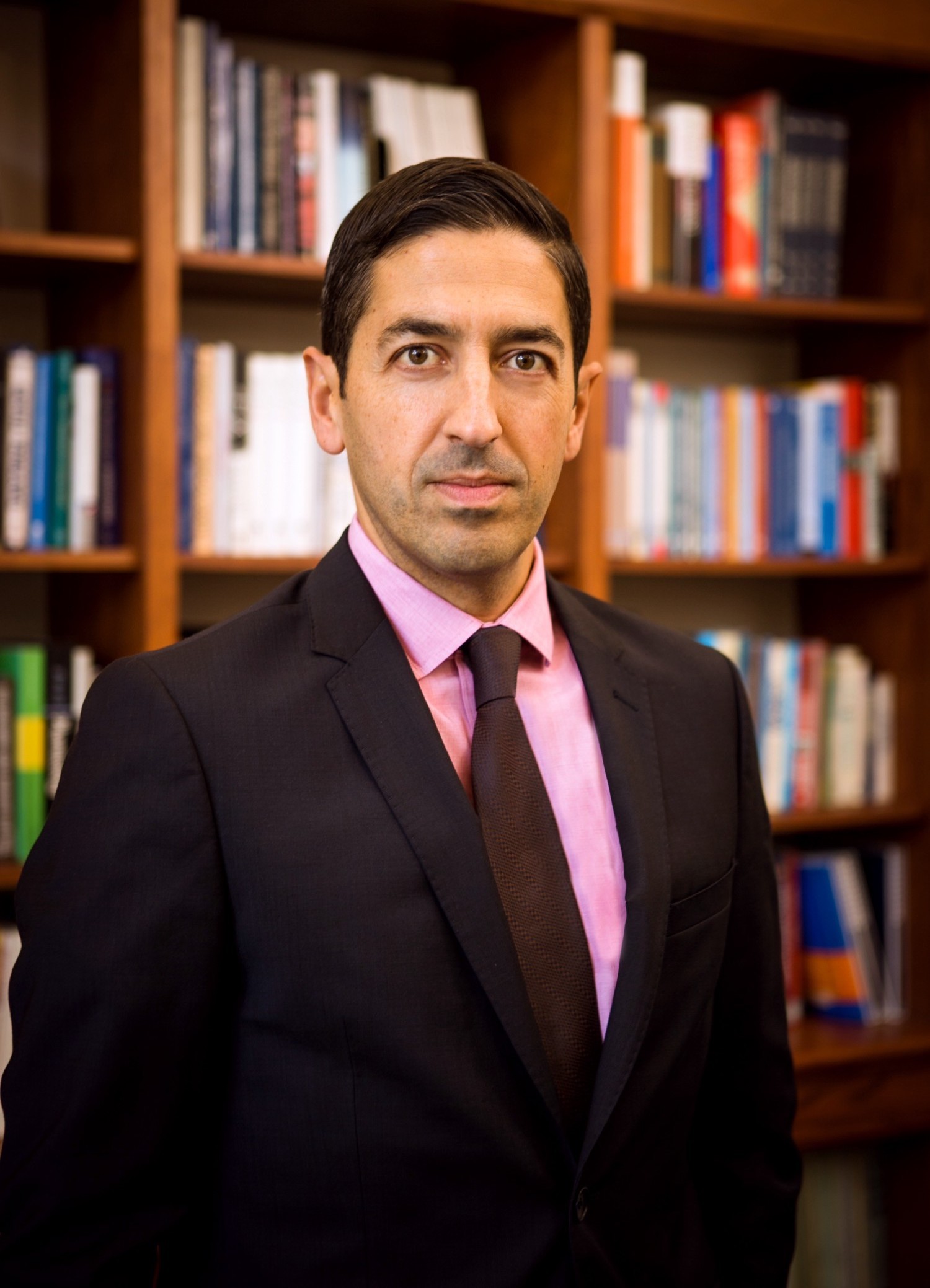This week, Jimmy Kimmel went viral. Not for the jokes for which he is typically known, but for a 13-minute video where he told the story of his son’s birth and subsequent emergency surgery. The boy was born last week with serious heart defects, and was ultimately saved by a dedicated team of doctors, who Kimmel thanked on-air. He then expressed relief that Congress did not green light President Trump’s proposed $6 billion cut to the National Institutes of Health, praising its move to instead increase the NIH’s funding by $2 billion. Finally, Kimmel argued, through tears, that no one should be denied coverage in the US for a preexisting condition like the one his son, Billy, has. As Republicans create uncertainty around this very issue, Kimmel’s appeal has been viewed four million times and counting.
It was hard not to be moved watching him describe his experience. His words tapped into a broader, “hot-button” issue — healthcare — but he did not speak as a powerful celebrity, or as a politician reciting talking points, or as a scientist conveying data, but as a father who had just a few days ago been terrified at the thought of losing his son. We feel for him, because we can imagine ourselves in his position. Our instinct for this kind of imagining is called empathy.
Empathy is our capacity to view the world from someone else’s perspective; to dream our way into the mind and heart of another and consider how we might feel in that person’s situation. It is a quality that has long marked us a species, and been admired in leaders and historical figures alike. Shakespeare pleads fiercely for a more empathic society. Nelson Mandela has shown us the power of empathy when it is allowed to play out on a global, political scale. But perhaps empathy is most clearly expressed by Atticus Finch, who says in To Kill a Mockingbird, “You never really understand a person until you consider things from his point of view … until you climb into his skin and walk around in it.”
Why do we feel empathy? It has its structural basis in neuroscience. When we see someone suffering, the victim’s facial expression, pupil size, and body language can directly stimulate the “mirror neuron” system to trigger an empathic response, especially if that person’s situation is similar to one we have faced in the past. But brain chemistry alone does not fully account for empathy. There are also psychological reasons why people feel for others. Psychological and neurological theories suggest that there are two fundamental systems in human cognition: the experiential system and the analytic system. The experiential system is triggered when we see, for example, the individual victim of some misfortune. When we witness suffering, our experiential system triggers the empathic part of the brain, and perhaps moves us to offer to help the person in need. But just as it is easy for us to connect with individuals, it is often difficult for us to empathize with large numbers of people. The reason is due to the other fundamental system in human cognition, the analytic mode. The analytic mode is triggered when we think about populations — tending as we sometimes do to think of them as statistics. This perception can blunt our empathic impulse, and lead to “compassion fatigue.”
For this reason, empathy is most readily triggered when we are exposed to individual stories. Consider: over four million refugees have fled Syria since the conflict in that country began. Often, these refugees flee one impossible situation only to find themselves caught up in another. In urban Jordan, for example, 86 percent of Syrian refugees are living below the local poverty line. Despite such statistics, the international community has not rallied to the aid of these desperate people. By the end of 2015, just 61 percent of the UN’s humanitarian appeal for Syrian refugees had been funded. There was, however, one notable uptick in donations that year. It was after the body of a three-year-old Syrian boy named Alan Kurdi was photographed lying on a beach, where he had drifted after the boat carrying him and his family away from the conflict apparently capsized. The image of the dead boy was so shocking that donations to help migrants poured in. One charitable organization, the Migrant Offshore Aid Station, reported a 15-fold donation increase within a day of the photograph’s release.
In our fraught world, where conflicts rage, refugees continue to face peril, and politicians equivocate about matters vital to the wellbeing of populations, empathy is more important than ever. To move the needle on the issues that matter most to health — from the fate of the Affordable Care Act, to critical questions of war and peace — we must use personal stories to trigger empathy, keeping focus on the effect big decisions have on individual lives. Even President Trump, despite his unwelcoming posture towards victims of the Syrian conflict, has shown himself to be susceptible to empathy. His recent missile strikes against the Assad regime — a reversal from his previous policy — were reportedly motivated by images of children suffering from the deadly effects of a chemical attack. To build a better world, we must continue to engage one another on the empathic level, appealing to what is perhaps our quintessential human instinct — our ability to imagine what it is like to walk in someone else’s shoes.
Sandro Galea is the Robert A. Knox Professor and Dean of Boston
University School of Public Health. He is the author of the
forthcoming book, Healthier: Fifty thoughts on the foundations of
population health, which will be published in June. Follow him on
Twitter: @sandrogalea.
Originally published at medium.com


